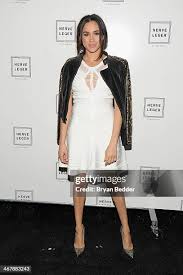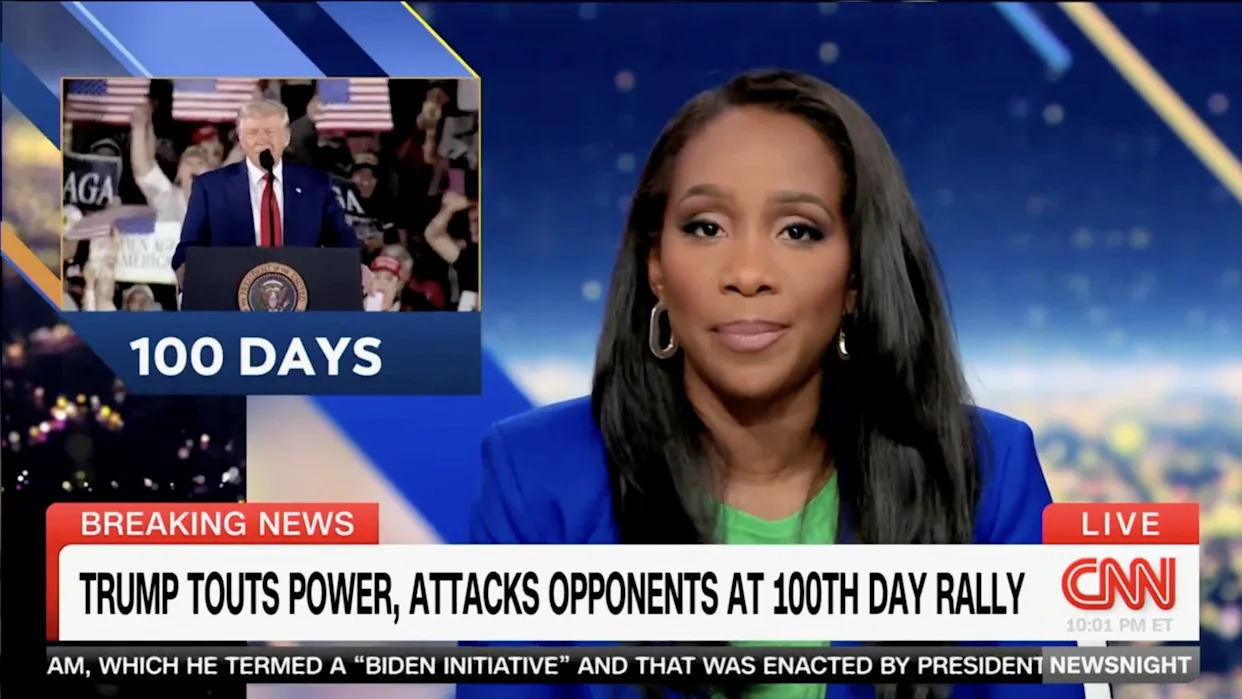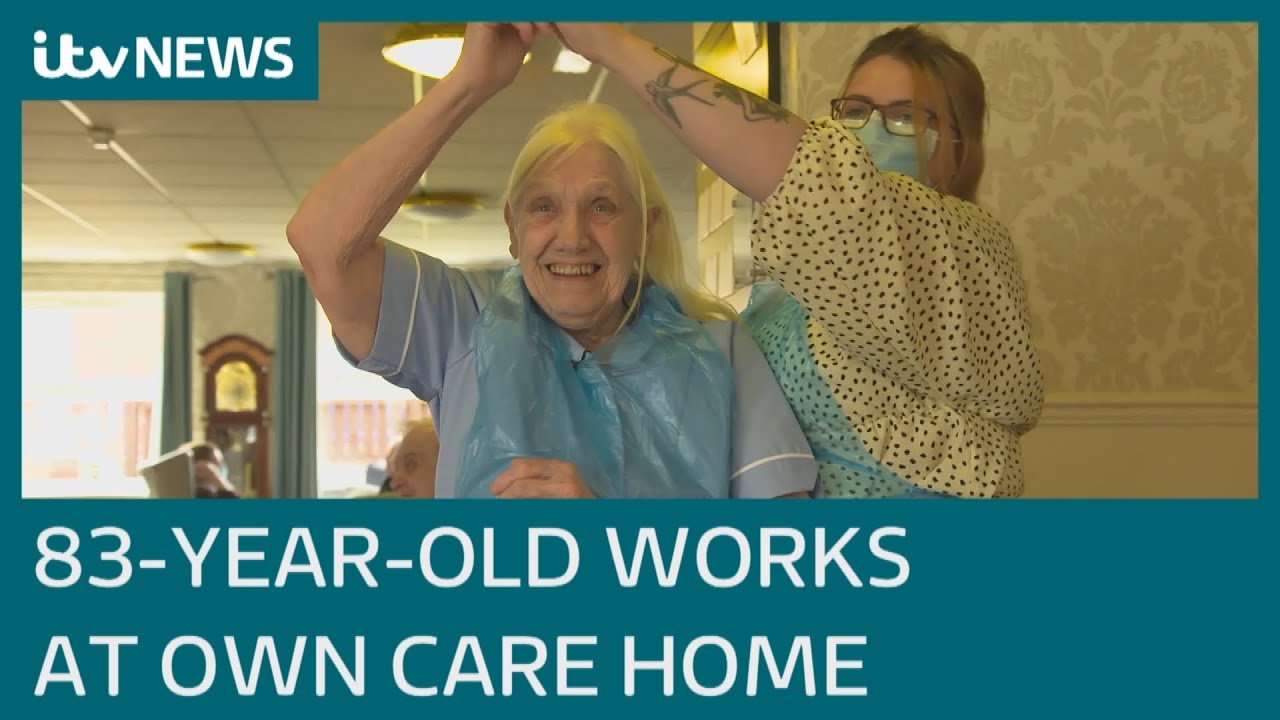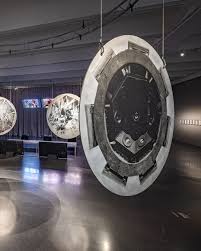
Introduction
Meghan Markle, the Duchess of Sussex, has become an influential figure in recent years, transitioning from a successful actress to a prominent member of the British royal family. Her story resonates with many as it encapsulates themes of love, social issues, and the pursuit of identity amid public scrutiny. In an era where media plays a crucial role in shaping public perceptions, Markle’s experiences offer insight into the challenges and complexities faced by modern royals.
Background and Rise to Fame
Born on August 4, 1981, in Los Angeles, California, Meghan began her career as an actress, best known for her role in the popular TV series “Suits.” Her mixed heritage and activism for social justice issues set her apart in Hollywood, making her a relatable character for many. In 2016, she began dating Prince Harry, igniting global media attention. The couple’s whirlwind romance culminated in a royal wedding on May 19, 2018, propelling Markle further into the spotlight.
Challenges within the Royal Family
Upon marrying Harry, Markle faced immense scrutiny from the British press, which escalated after their son, Archie Harrison Mountbatten-Windsor, was born. The couple expressed concerns regarding the treatment of Markle and how it reflected issues of race and mental health. Their decision to step back from royal duties in January 2020 and relocate to the United States sparked extensive discussions about the monarchy’s relevance and the pressures placed on individuals in the public eye.
Impact and Advocacy
Since leaving royal duties, Markle has intensified her advocacy work, focusing on gender equality, mental health, and racial justice. In 2021, she published her children’s book, “The Bench,” which highlights the relationship between fathers and sons. Additionally, she and Harry founded the Archewell Foundation, aiming to make a tangible difference in various social issues. Their commitment to philanthropy has led to collaborations with numerous organisations, including a partnership with Procter & Gamble to support gender equality initiatives.
Conclusion
Meghan Markle’s journey from an actress to a transformative figure in the royal family showcases the changing landscape of modern royalty. Her advocacy and willingness to address pressing social issues resonate with many, particularly in a time when societal expectations are evolving. As she continues to carve out her own path, her influence extends beyond celebrity, prompting discussions about race, mental health, and the role of the monarchy in contemporary society. Markle’s contributions will likely shape the narrative of royalty for future generations, making it essential for readers and observers alike to follow her journey.
You may also like

Current Developments in CNN News

Stay Up-to-Date with ITV News Coverage

Current Trends and Updates in Sun News Coverage
SEARCH
LAST NEWS
- Remembering Wendy Richard: The Promise to Co-Star Natalie Cassidy
- How Did Anglian Water Achieve an ‘Essentials’ Rating for Mental Health Accessibility?
- Shai Hope Leads West Indies in T20 World Cup Clash Against South Africa
- What We Know About Weston McKennie: Future at Juventus and Past at Leeds
- What We Know About the Upcoming Live Nation Antitrust Trial